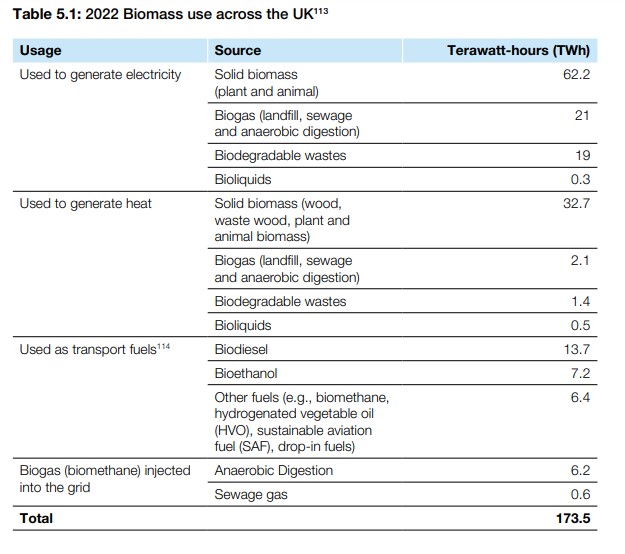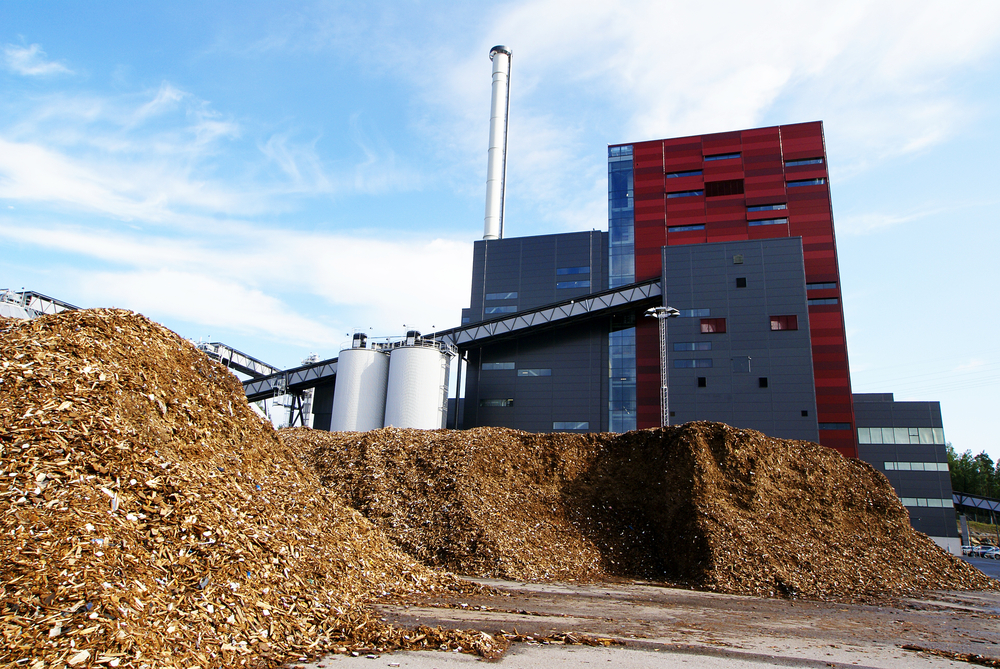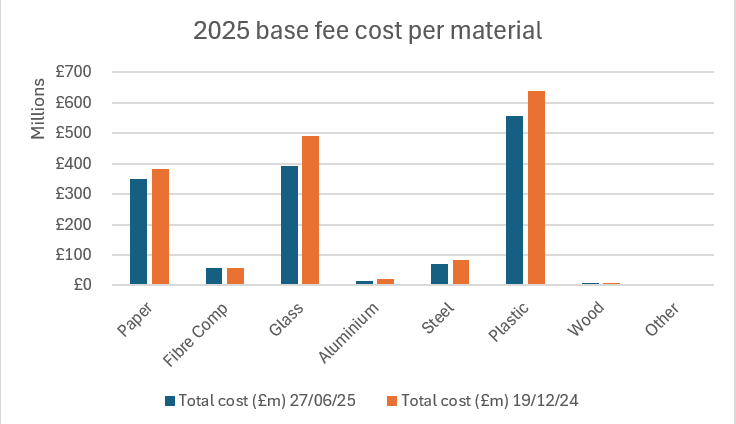The Department for Energy Security and Net Zero’s long-awaited biomass strategy sets out the role “sustainable biomass” can play in reaching net zero and what government is doing or can do to enable that objective.
Biomass feedstocks include purpose-grown feedstocks as well as organic wastes and residues. This includes waste wood and food waste.
Overall, in 2022 the report estimated that bioenergy provided 8.6% of the UK’s energy supply, “most of which was supported by government”.

Commitments
The report explained that biomass is expected to continue to be important for many sectors to deliver emissions savings required.
Few concrete policies were presented by instead a number of commitments were made by government
A key commitment of the Biomass Strategy, according to the government, is that to “develop and implement a cross-sectoral common sustainability framework, subject to consultation”.
The government also said it will “continue to monitor the levels of biomass supply to ensure the UK can secure the necessary supply for increasing biomass use across the economy and we will consider interventions to remove barriers to increasing biomass supply if necessary”.
Recyclers

The publication was mostly welcomed by Richard Coulson, chair of the WRA, who said he is pleased to see the government re-affirm its commitment but said more support for carbon capture is needed.
He said: “We welcome this strategy which re-affirms the government’s commitment to sustainable biomass among the wider energy mix and recognises the important role that waste wood biomass can play.
“Biomass powered by waste wood not only delivers reliable, renewable baseload power but, by using domestic waste as a fuel, prevents greenhouse gas emissions from landfill.”
He highlighted that waste wood-fuelled biomass plants can generate 470MW of low carbon baseload power each year, enough to power 840,000 households. The sector also saved 2.27 million tonnes of carbon emissions in 2021.
However, he said it was critical that the government now support the industry to deploy bioenergy with carbon capture and storage (BECCS). This greenhouse gas removal technology could enable the sector to deliver negative emissions and would provide an important tool in combating climate change.
He said: “There is now an urgent need for the government to go further and confirm support for our sector to deploy power bioenergy carbon capture and storage (BECCS), to enable us to invest for the future.
“The waste wood biomass sector is already making an important contribution to cutting greenhouse gas emissions and is perfectly placed with BECCS to deliver several more millions of tonnes of CO2 removal.
“It is critical that the eligibility criteria for any support is inclusive and does not exclude many waste wood-powered biomass plants and the valuable role they could play.”
The strategy is a reminder of how delayed the implementation of the resources and waste strategy policy reforms are
- Becky Wheeler, REA
Waste policy
The REA explained that the Strategy sets out a “clear vision for the use of sustainable biomass across the economy”. The body added that it is pleased to see that “it takes forward many of the recommendations made in 2019 in the REA’s industry-led Bioenergy Strategy.”
On the REA website, it said: “The strategy can now inform wider government decarbonisation policy to enable sustainable sector growth, for example recognising where biomass boilers, biofuels and biogas can play larger roles in sustainable heat, transport and industrial decarbonisation.”
Becky Wheeler, chair of the REA’s Organics Forum, and head of Business Development at Future Biogas explained that the use of biomass feedstocks within both bioenergy and the wider circular economy “must also consider interactions with waste policy, ensuring the best use of resources”.
She explained: “It is encouraging that the Biomass Strategy recognises these interactions, while also referencing impacts on the circular economy in the criteria for determining the Biomass Priority Use Framework. The strategy also acknowledges the need for biomethane BECCS to facilitate decarbonisation of UK agriculture and recognises the importance of soil health.
“However, the strategy is also a reminder of how delayed the implementation of the resources and waste strategy policy reforms are. Despite the Environment Act laid in 2021 mandating the separate collection of food waste from households and businesses and the separate collection of garden waste from households, we are still awaiting the secondary legislation to implement this. Similarly, biodegradable material is not expected to be banned from landfill until 2028.
“These policies must be prioritised in order to make the most of our resources both for the production of compost, and where appropriate, bioenergy production.”









Subscribe for free